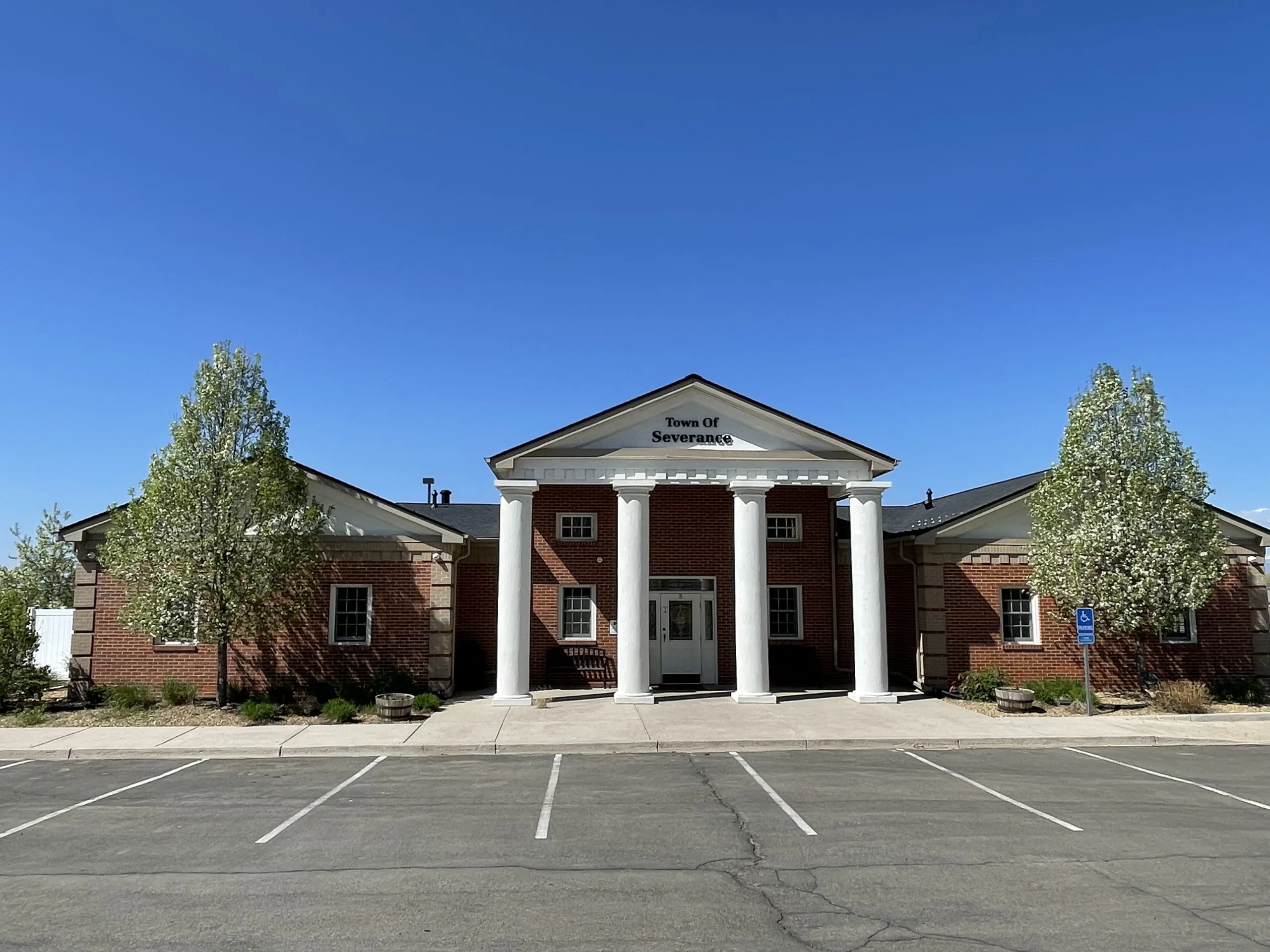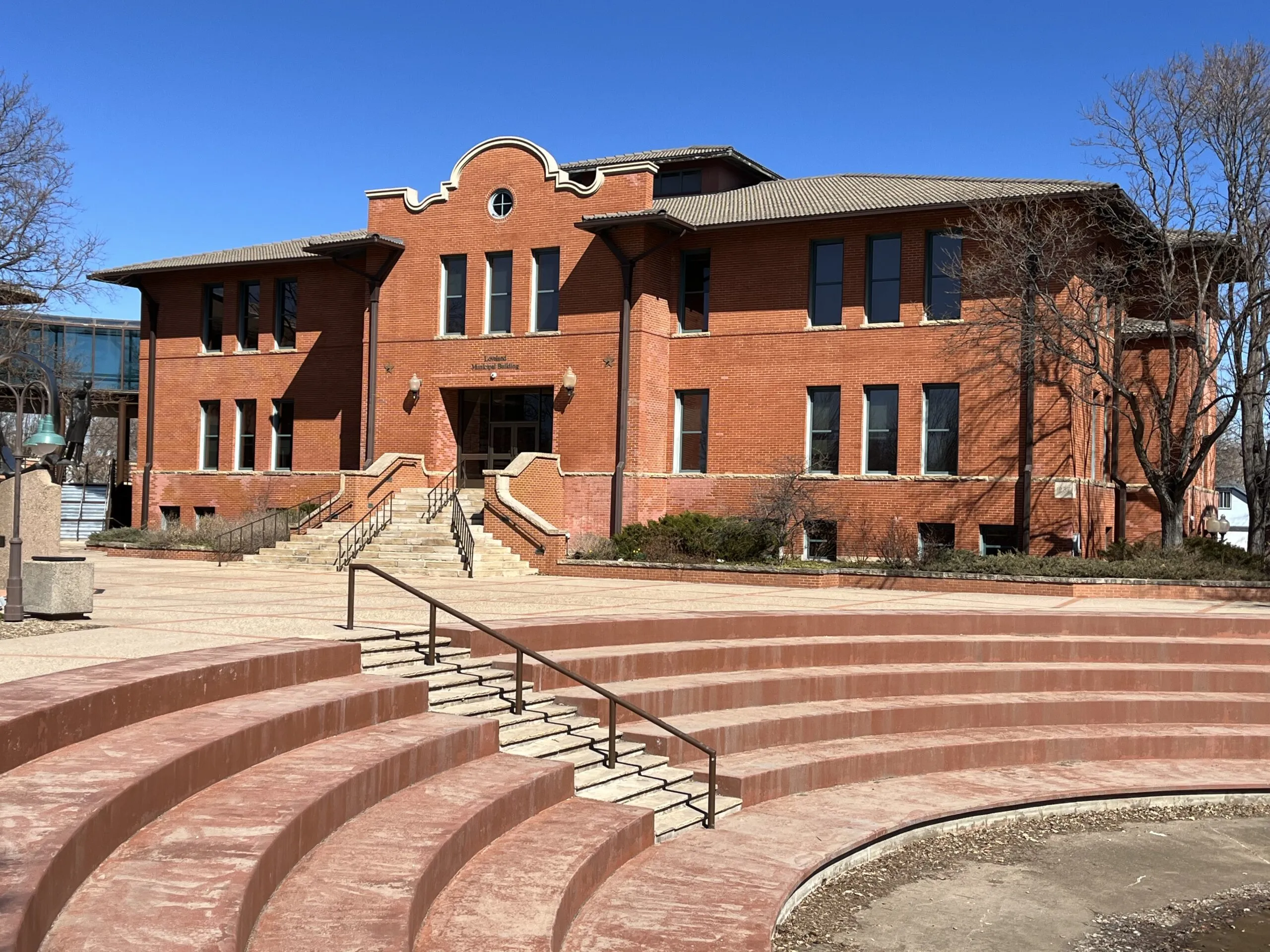Fiber installer seeks statewide code change
FORT COLLINS — A new method to install fiber networks that enable cell-phone technology will shorten the time and reduce the cost of a new networks.
The company using the new installation method, along with an association of cell-phone service providers, is asking the Colorado Legislature to help standardize building codes across the state to permit faster use of the new technology.
BizWest reported in 2021 that Crown Castle Fiber LLC, a Houston-based company, had received city authorization to install a fiber network in Fort Collins to enable front-line cell-phone providers such as Verizon to expand their services. Installation of the…
THIS ARTICLE IS FOR SUBSCRIBERS ONLY
Continue reading for less than $3 per week!
Get a month of award-winning local business news, trends and insights
Access award-winning content today!





